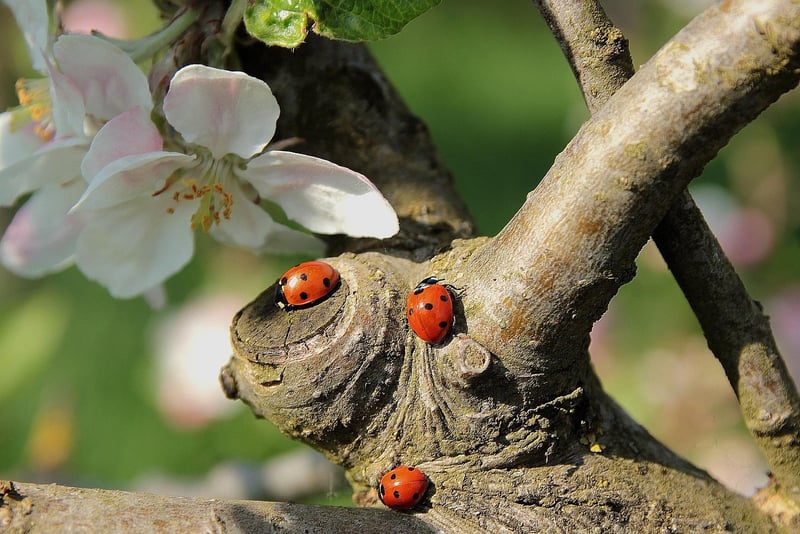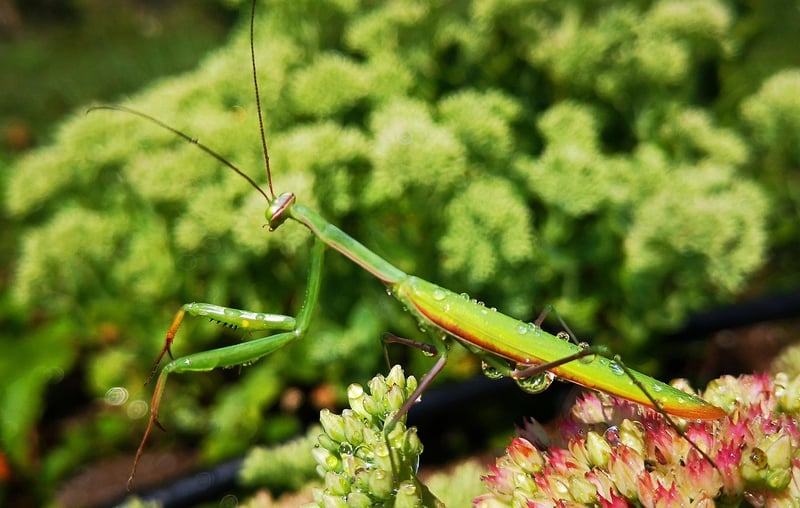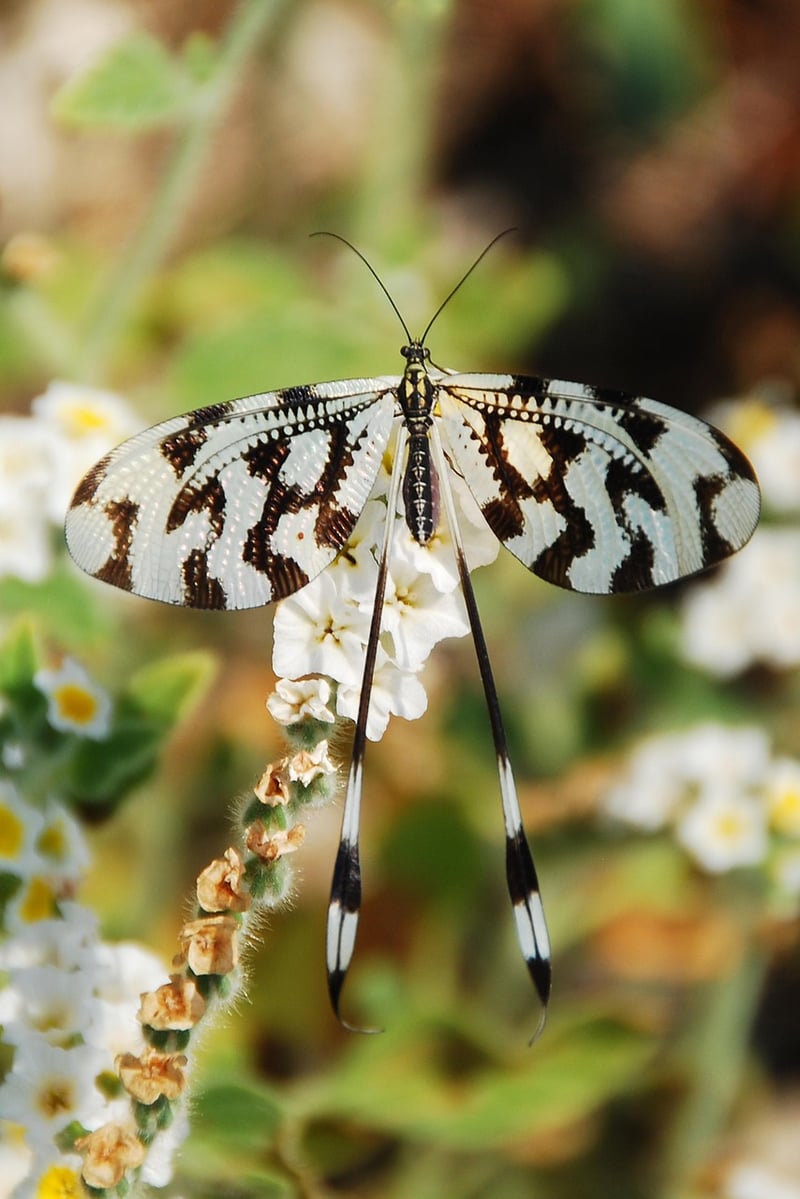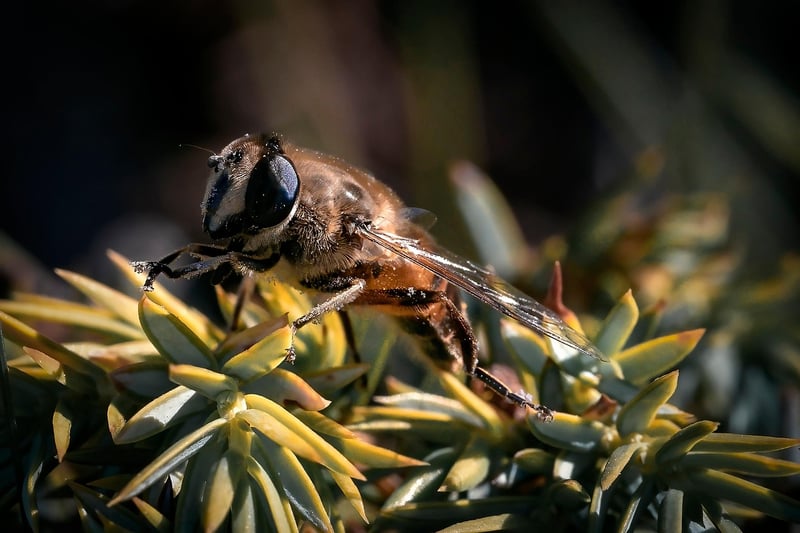Beneficial Insects
Protecting Your Urban Garden: Beneficial Insects to the Rescue
Urban gardening is a rewarding activity that allows you to connect with nature, even in the midst of a bustling city. However, maintaining a healthy garden in an urban environment comes with its challenges, such as pests and diseases that can harm your plants. While pesticides are commonly used to combat these issues, they can have adverse effects on the environment and beneficial insects.
The Role of Beneficial Insects
Beneficial insects are natural predators that can help control pest populations in your garden. By attracting these helpful bugs, you can reduce the need for harmful pesticides and create a more balanced ecosystem in your urban garden.
Common Beneficial Insects
- Ladybugs: These colorful beetles are voracious eaters of aphids, mealybugs, and other soft-bodied pests.
- Praying Mantis: A stealthy predator that feeds on a variety of insects, including caterpillars and beetles.
- Lacewings: Known for their delicate appearance, lacewings prey on aphids, mites, and other small insects.
- Hoverflies: Resembling bees, hoverflies feed on aphids and help pollinate plants.
How to Attract Beneficial Insects
Creating a welcoming environment for beneficial insects is key to their presence in your garden. Here are some tips to attract these helpful bugs:
- Plant Diversity: Grow a variety of plants to provide food and shelter for different beneficial insects.
- Avoid Chemicals: Minimize pesticide use to protect the beneficial insects in your garden.
- Provide Water: Set up a small water source, like a birdbath, for beneficial insects to drink from.
- Use Companion Plants: Plant herbs and flowers that attract beneficial insects, such as dill, fennel, and marigolds.
Conclusion
By harnessing the power of beneficial insects, you can protect your urban garden from pests in an eco-friendly way. Embracing these natural predators not only benefits your plants but also contributes to a healthier and more sustainable urban ecosystem.
Remember, a thriving garden is not just about the plants you grow but also the diverse community of insects that call it home.




